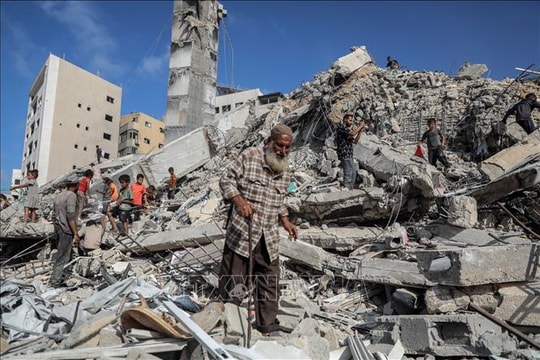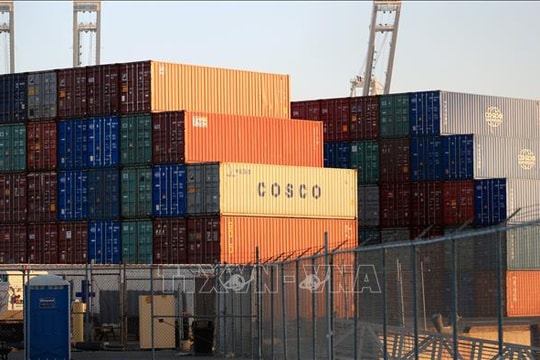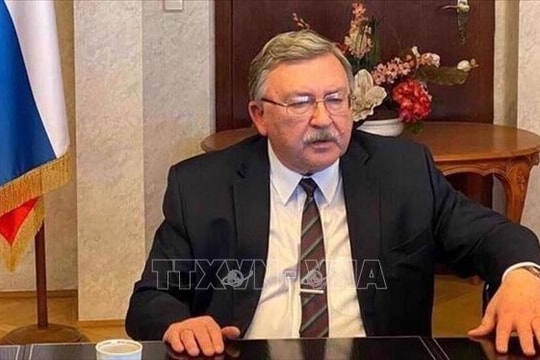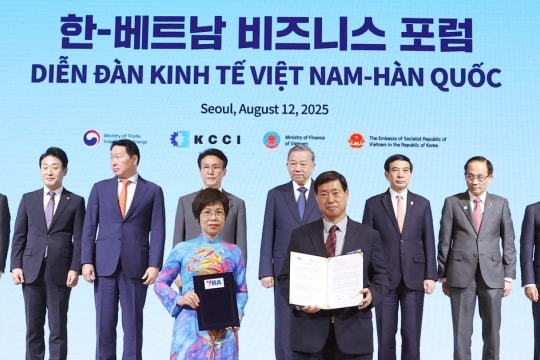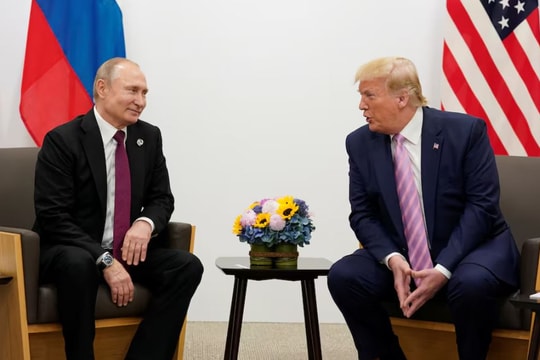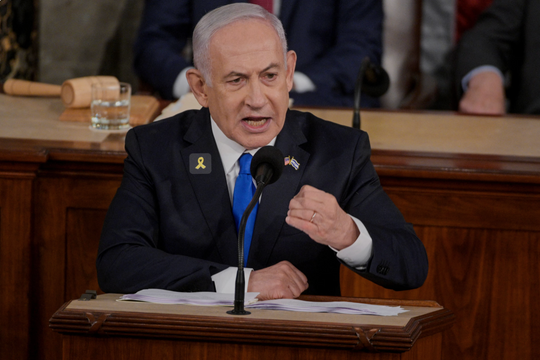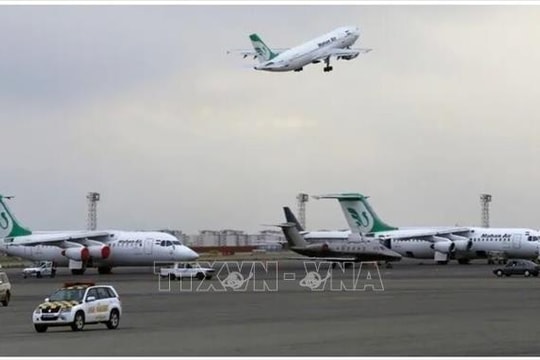Will the Syrian ceasefire continue to be "missed"?
(Baonghean) - After the 1-week deadline according to the ceasefire agreement reached in Munich, Germany passed without being implemented, Russia and the US have just issued a joint statement setting a new date for the ceasefire in Syria: February 27. Public opinion hopes that the ceasefire in Syria this time will not be just an agreement on paper.
High determination of 2 "big guys"
After two consecutive days of phone calls between US Secretary of State John Kerry and Russian Foreign Minister Sergei Lavrov, the two sides reached a temporary agreement on a ceasefire in Syria. Mr. Kerry said that this agreement means “coming closer to ending the war than ever before”. However, no official statement was made immediately afterwards because it would be meaningless without the consent of the parties directly involved in the war in Syria.
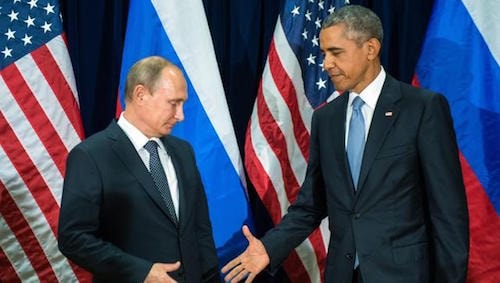 |
| Russia and the US are determined to enforce a ceasefire in Syria. Source: AFP |
It was not until February 22, after US President Barack Obama and Russian President Vladimir Putin had a phone call to clarify some details, that the joint statement was released with the deadline for implementing the ceasefire being 0:00 on February 27.
Forces that agree to participate in the ceasefire must stop using weapons, stop attacks to seize territories, and allow “prompt, safe and unhindered” access for humanitarian assistance missions to the territories they occupy.
The key point of the new agreement between Russia and the US is that it clearly outlines the territories where the ceasefire will be implemented, excluding some areas where Russia, the US and the government forces are conducting airstrikes against the self-proclaimed Islamic State (IS). Given the complex intertwined views of the factions in Syria, communication and coordination between Russia and the US will play a very important role in implementing the new ceasefire.
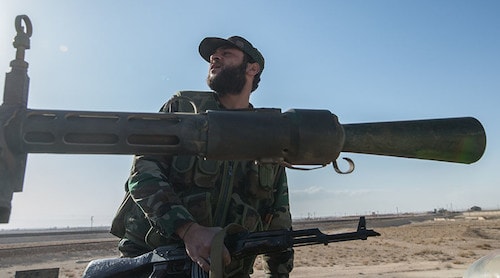 |
| Weapons of Syrian factions are not allowed to be used in the ceasefire zone. Source: RT |
Under the agreement, any ceasefire violations by either side would be reported via a hotline to a special task force run by both Russia and the United States, which would have the authority to determine who would no longer be considered a party to the agreement and would face the risk of military attack without “protection” from Russia or the United States.
Thus, compared to the agreement previously reached in Munich (Germany), this time Russia and the US agreed to play a supervisory role and "direct guarantor" in implementing the ceasefire, instead of a consultative role as before.
Waiting anxiously
Russian President Vladimir Putin confidently declared that the agreement between Russia and the US will “fundamentally change” the five-year-old crisis in Syria. Previously, Russia also publicly warned the Syrian government at the United Nations that Mr. Assad “could face many negative consequences if he does not comply with Moscow’s proposals regarding the peace process.”
An immediate positive sign was sent when Mr. Assad said on February 22 that the Syrian army would enforce the ceasefire if terrorists did not take advantage of the process to strengthen their strength - a significant change in stance.
The US task now seems more difficult than Russia’s as the opposition has made clear its determination to fight against the government forces. The opposition in Syria is a rather “mixed” group of factions with complex intertwined views and interests. The US will certainly have difficulty gaining consensus from this force.
Furthermore, US allies in the region such as Türkiye and Saudi Arabia - who have repeatedly mentioned the possibility of military intervention in Syria - also have more complex calculations than the "faction" of Russia - Iran - the Assad government.
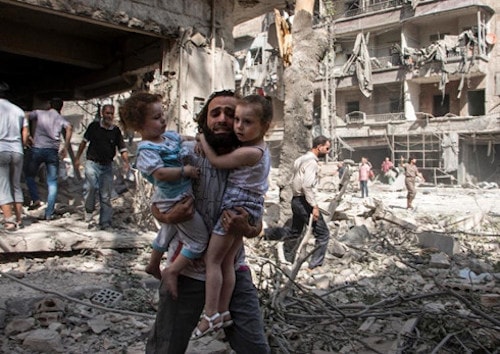 |
| Is the five-year civil war in Syria really nearing an end? Photo: AFP. |
The most important thing that public opinion is concerned about is whether the ceasefire is a premise to bring the parties back to the negotiating table in Montreux (Switzerland), because the Syrian problem can only be closed with a political solution.
“Finally, a real opportunity to end years of bloody violence in Syria has arrived.”
Public opinion is waiting for this statement of Russian President Vladimir Putin to become a reality.
Thuy Ngoc
| RELATED NEWS |
|---|

